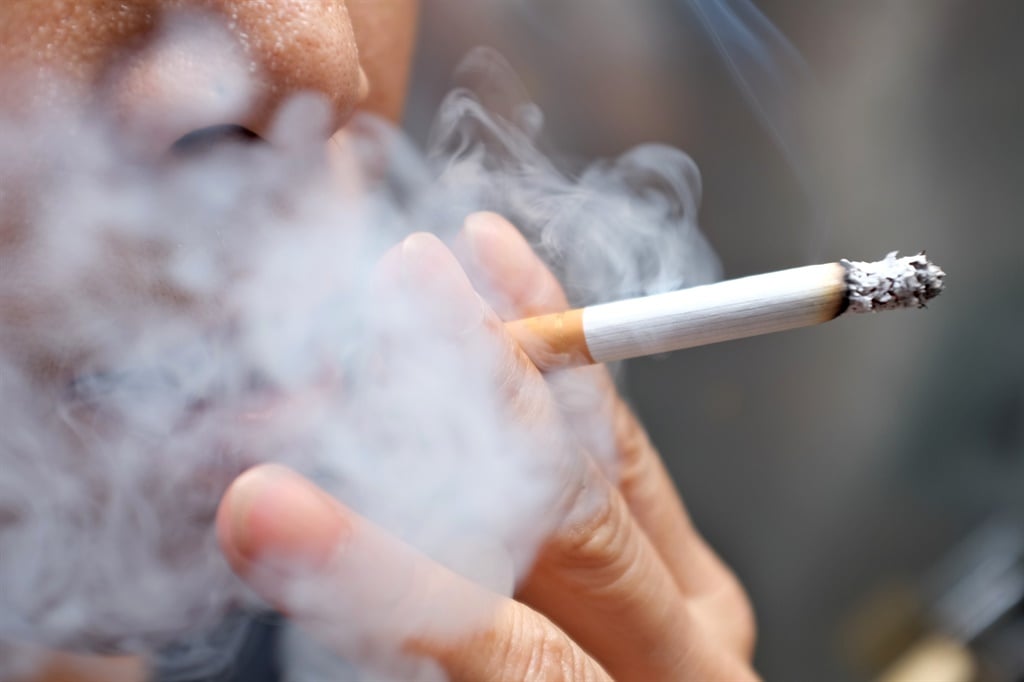News24.com | Tensions loom between tobacco producers as ban lifts


The Pretoria High Court judgment states that while the medical material and other reports which were used to show the link between a higher Covid-19 coronavirus progression among smokers were inconclusive, there were grounds for government to promulgate regulations 27 and 45 of the Disaster Management Act outlawing the sale of tobacco products and cigarettes. Picture: iStock/ Zhang Rong
- BATSA urged government to ratify the World Health Organisation’s Illicit Trade Protocol, if it hoped to eradicate the trade of illicit cigarettes.
- BATSA said independent research shows cigarette brands associated with FITA have completely taken over the market over the past five months of the sales ban.
- FITA rejected BATSA’s accusations as an attempt to direct law enforcement agencies towards its competitors.
British American Tobacco South Africa has urged government to ratify the World Health Organisation’s Illicit Trade Protocol now that the ban on cigarette sales has been lifted, in a bid to combat illicit trade it fears has taken root under the ban.
In a statement issued on Monday, BATSA noted South Africa had signed the comprehensive international rules.
Batsa, which previously held the lion’s share of market share in the country, said it had lost a significant amount of market share under the sales ban, yet research had shown that most smokers had been able to purchase cigarettes.
Illicit traders were cashing in, it said.
Batsa also charged in its statement that cigarette companies associated with the Fair-Trade Independent Tobacco Association took over the tobacco market over the past five months, when the trade of tobacco products was banned – something FITA, for its part, strongly denied.
The ban on cigarettes has been a bone of contention for the tobacco industry, with FITA contesting the ban in court. The Supreme Court of Appeal in Bloemfontein granted FITA leave to appeal in its case against the tobacco ban after the North Gauteng High Court in Pretoria dismissed the appeal. FITA has said it plans to continue with its court action despite the lifting of the ban.
BATSA argued that ratifying the World Health Organisation’s Illicit Trade Protocol would help eradicate the trade of illicit cigarettes and level the playing field for all market competitors by ensuring all cigarette producers are compliant.
“BATSA made its call as the company confirmed comprehensive independent research that shows cigarette brands mainly associated with the FITA have completely taken over the market over the past five months of the sales ban,“ the statement said.
BATSA said the University of Cape Town’s Research Unit on the Economics of Excisable Products found that from 23 000 respondents, 93% of all smokers were still able to purchase cigarettes during the lockdown and tobacco ban.
Professor Corné van Walbeek, who conducted the UCT research, found that BATSA took the largest knock due to the tobacco ban, but found that some retail outlets improperly sold properly obtained and taxed cigarettes out of their own stores during the lockdown.
Fin24 previously reported on the research, which found the market was in “disarray”.
“The market share of BATSA products has dropped from 48.0% prior to lockdown to 8.7% in June. The relatively minuscule amount of people who have reported being able to buy BATSA brands almost certainly obtained them out of pre-lockdown shipped retail stock,” the BATSA statement said.
‘Shenanigans’
FITA chairperson Sinenhlanhla Mnguni said the association rejected BATSA’s accusations with contempt, calling them “another attempt to deflect attention away from its well-documented shenanigans” and to direct law enforcement agencies towards its competitors.
“We also reject any assertions that FITA members have in any way benefited from the ban in the sale of cigarettes during the lockdown period.
“All our members’ exports during the period under the lockdown period within which exports were permitted were at all times strictly supervised and controlled by officials of the South African Revenue Service,” Mnguni said.
However, Mnguni did agree it was critical to maintain a fair market.
Mnguni said it was incumbent on the state to level the playing field in the tobacco industry to give local employers and contributors to the economy a competitive and fair trading environment.
Meanwhile, Philip Morris South Africa managing director Marcelo Nico said in a statement that the company would reopen its 24 IQOS retail stores and resupply trade partners to service IQOS users and smokers looking for alternatives to continued smoking.
“Many of our IQOS consumers were disappointed at not being able to purchase our products during the lockdown ban. We are working to support them and win back their trust. We have implemented strict safety, social distancing and hygiene measures at our stores to protect our consumers and staff,” said Nico.
Nico said regulators should support scientific evidence and improved regulations to benefit smokers and public health.